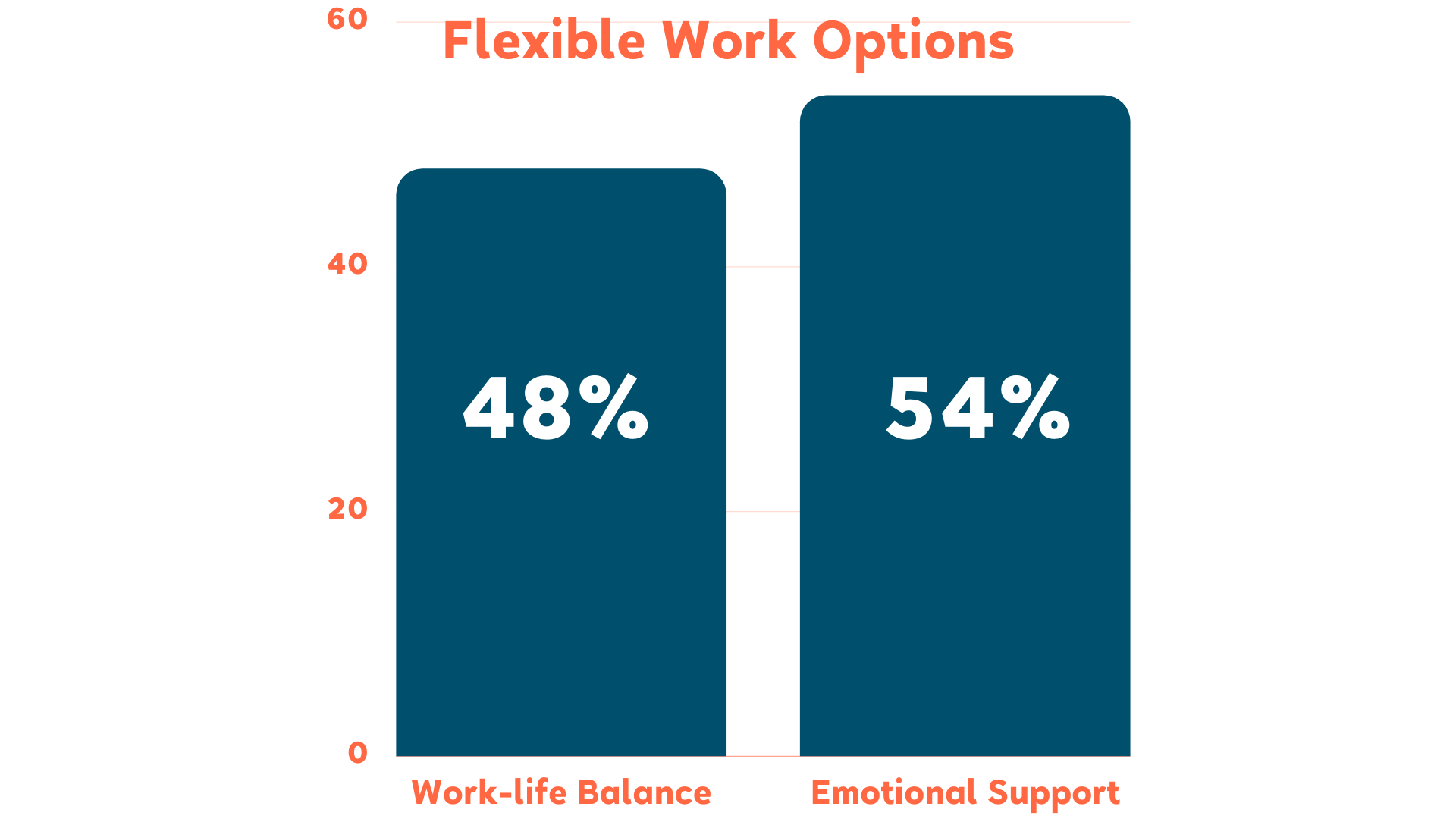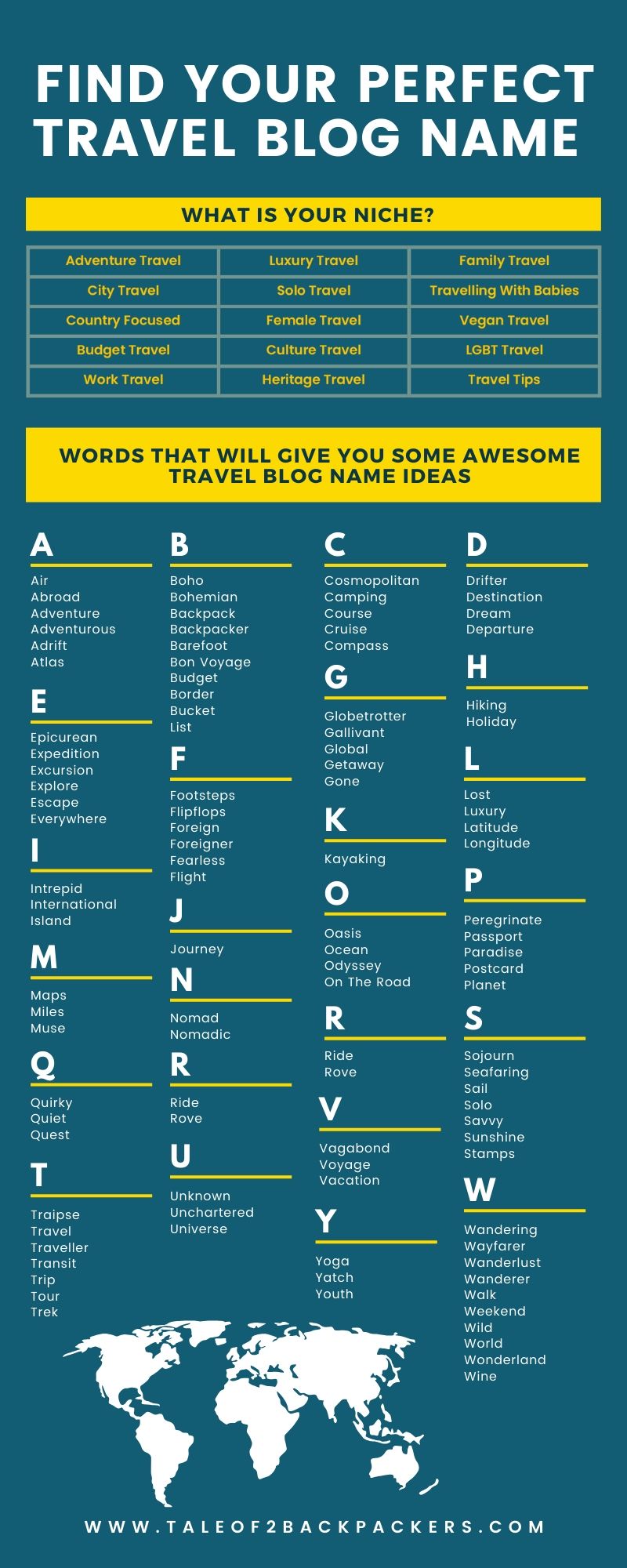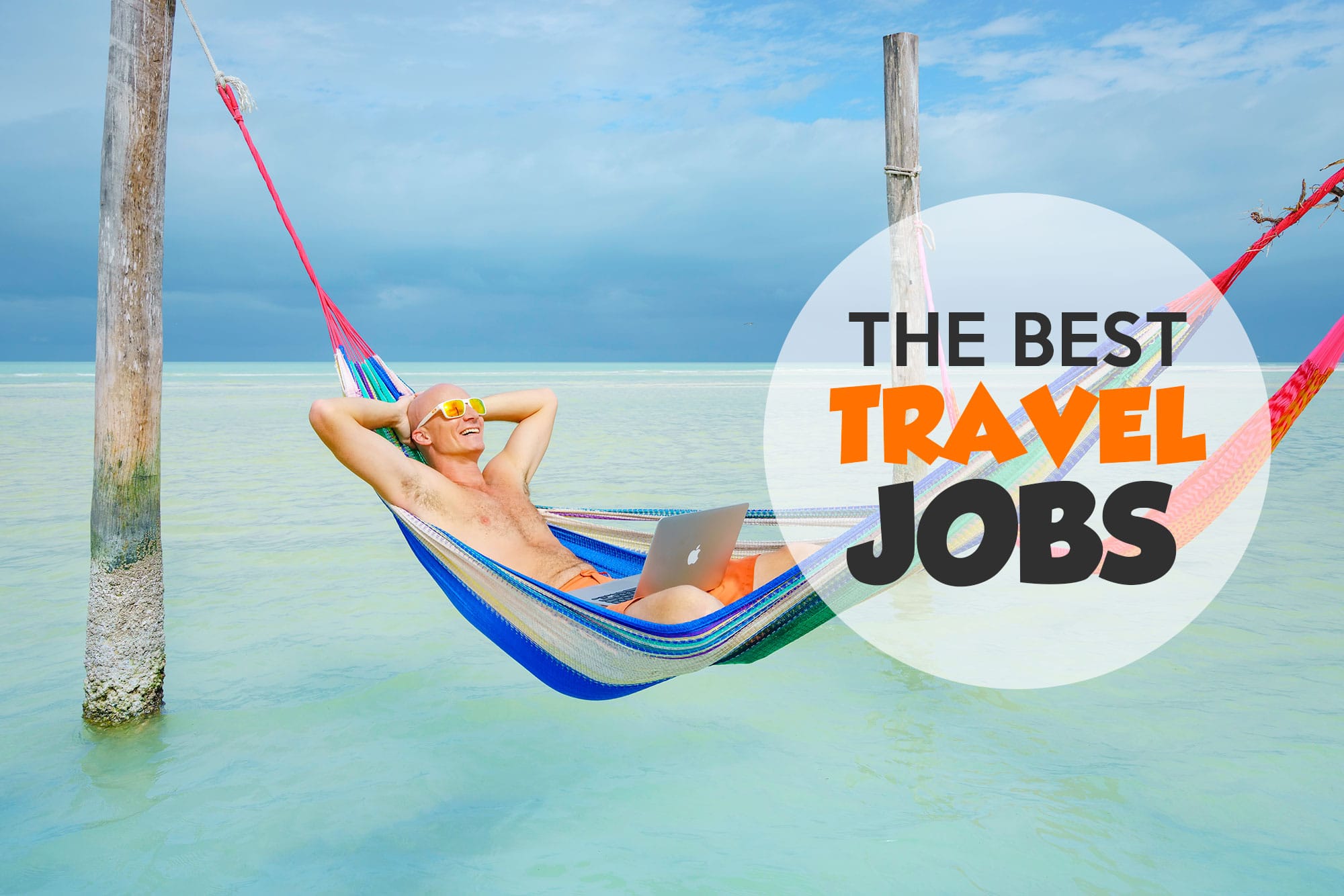
Buying travel insurance is not a one size fits all proposition. You need to take into account the type of trip and amount of coverage that you require, as well as the duration of your trip. In addition to covering medical expenses, your policy may also cover the cost of lost or stolen items.
Travel Guard, a reputable global insurer, offers many different travel insurance options. They also provide multilingual support. These benefits don't just apply to travel; you can also buy coverage for your home and car as well as for traveling companions. You can also get free travel insurance for your children under 17.
Chapka is an insurance company based in France. They offer many options for travel insurance. Their coverage includes a $250 deductible, and their standard policy covers up to two young children per family. They also offer an add-on that pays for the cost of overbooked flights.

Chapka's product doesn't only work for travelers, it can also be used in the US. It's easy to get a quote, and there's even a mobile app for iOS and Android. Chapka also offers European Travel Insurance. They even provide a travel guide on their website, so you'll be able to find the best insurance plan for your needs.
One of the best features in travel insurance is the ability for you to receive emergency medical evacuation. Many policies offer coverage up to 80% for emergency care in another country. You might be charged extra by certain companies for coverage in certain countries. Before you leave, make sure you check your policy.
Surprised to discover that not all insurance policies for travel cover international travel? You'll also find some insurers don't offer the most comprehensive coverage. It is important to fully understand the terms and conditions of any insurance policy you purchase. If you are planning to travel to certain countries, you may need to upgrade your insurance.
Another excellent feature is a concierge that can help you with your travel arrangements. Some companies will even pay out a lump sum to a loved one in case of accidental death or dismemberment.

If you are looking for the best travel insurance, an annual policy might be right for you. For the best prices, you can buy insurance directly with insurers or use your credit card to purchase a policy. Usually, you pay the premiums upfront. You can then renew them when you want. This can save you money in the long term.
A good policy for travel insurance should include a free-look period. This is usually for a period of ten days. You'll then be able check if you have sufficient coverage. This is especially helpful if you haven't purchased your policy yet. You can also increase your coverage if it's not enough.
The best travel insurance for your needs will depend on several factors, including your itinerary, the length of your trip, and your specific financial risks. It is a good idea to make sure that your policy covers all the important events you will experience on your trip.
FAQ
Where do digital nomads usually stay?
Most digital nomad destinations are found in Southeast Asia and the Caribbean. However, there are other places where you could stay for many months without leaving your home.
Digital nomads feel most at home in the places they love. This could be anywhere they feel inspired, such as a tropical island or somewhere else on Earth.
However, digital nomads often find these places attractive because of the climate. They tend to stay longer if they can afford rent.
Digital nomads travel light and spend more outdoor time than anyone else. So when they choose a destination, it's important to ensure it offers them an abundance of outdoor activities.
These include kayaking, skiing and surfing, as well as horse riding, mountain biking, horseback riding, and even yoga.
They love cities too and would happily move to any city that provides access to nature.
For those living out of a suitcase, the key is finding a location where they can easily connect to wifi. This means avoiding remote areas where mobile signal is unreliable.
These challenges can be avoided by looking for a hostel. These hostels often offer internet access, and sometimes accommodation.
Digital nomads who want to travel light and save money are well-suited for hostels. Hostels are social spaces that allow you to meet new people.
Hostels usually have communal kitchens, common areas and places where guests can gather. These hostels offer laundry services, bike rentals, tours and many opportunities to explore the surrounding attractions.
What are the two main disadvantages of being nomad?
It is a lot of time away from family and friends, and inability to make long-term planning.
It is well-known that traveling for work has its downsides. But there are also plenty of advantages to living life on the road.
You meet interesting people and learn about places and cultures you would otherwise never experience. There are numerous opportunities to travel, explore and learn about new countries and places.
However, it is difficult to be disciplined enough to leave family and friends behind so that you can spend time with your loved ones. How do you balance these two seemingly different worlds?
There are many ways to reduce the negative impact of being a nomadic. You might choose to live cheaply and work abroad. Renting out a room might be a better option to make more time with your loved ones back at home.
Another way to reduce the impact of leaving your family is to plan. You can plan where and when to go before you go. For the unlikely event that something happens, ensure you have a backup plan.
Let yourself relax when you return home. Do not feel guilty about taking some time off after a long day of work.
Do not make major decisions, such as moving overseas permanently for one year. Instead, you should focus on the smaller changes you can now.
Make small adjustments to your lifestyle; eat healthier meals, exercise more often, and sleep better. These small changes can lead to huge results.
And if you're lucky enough to take some time off work, use this opportunity to recharge your batteries and prepare for another adventure!
Are digital nomads able to make a lot?
Digital nomadism is an intriguing phenomenon. A lifestyle where you travel for months at a time. It could be the future for work, according to some. Some say it's a fad. But, regardless of which side you choose, one thing is certain: it's made its mark.
Since 2008, the number of remote workers has increased significantly. FlexJobs conducted a study that found remote workers outnumber traditional employees in the office.
But how much does a digital nomad make? It depends on your job, the country you live in and whether or not it's self-employed.
According to Nomadic Matt's website, he earns $10-$20k monthly. But that does not include his income from blogging and speaking engagements. These jobs don't pay the bills because they are too hard work. He also stated that he travels around 80% of the time.
But, Thailand is a country where you can make more than Americans. According to Expatistan, the average salary is USD 4,000 per month. That's almost double the median US salary.
In addition to earning more, you'll enjoy lower taxes and cheaper housing costs. It's worth looking into if you have ever considered moving abroad.
What does a typical day look like for a digital nomad?
A digital nomad may have a different day depending on their location. It could include:
-
Logging in and creating new accounts
-
Creating content (blogs, articles)
-
Researching new markets
-
Making new friends
-
New opportunities
-
Contract negotiations
-
Working on projects
To be a digital nomad you need to master how to handle all the aspects of your daily life.
You need to set a time and schedule that is flexible enough to allow you finish your tasks and still have fun.
For example, perhaps you have a morning routine of checking email, scheduling meetings, and answering emails. After lunch, you might take a few hours to unwind.
After dinner, you start your evening routine. You will check social media, read blogs, write blog posts, and send emails. The rest of the evening is yours.
You won't feel overwhelmed, and you can maximize your productivity all day.
How do digital nomads get paid?
Upwork and Freelancer both offer great opportunities for remote jobs. Freelancers can also find clients easily through these sites.
They help you to create a portfolio and showcase your skills. They give feedback and keep track of which projects you have completed.
In addition, plenty of online tools and apps can help you manage your time, communicate with potential employers, and even automate tasks.
There are also potential pitfalls. Scammers and fake profiles can be encountered when looking for work. Some freelance platforms charge fees, but do not provide any value to their clients.
There are always the possibility of receiving negative feedback from former clients. You could also be the victim of identity theft.
It is best to research the site before you sign up. Seek out testimonials and reviews. If an employer hasn't vetted someone, steer clear.
Scammers are easy to spot when you work remotely. You will never meet them face to face.
You will not face any major problems if you are cautious.
How can I find cheap flights to Asia
Skyscanner.com can help you save money on your airfares. Search hundreds of airlines to compare prices across different websites.
Once you have found the flight you want to book, click on "book" and fill in all information required by each airline. You can then wait for your ticket to arrive in the mail.
It's not necessary to buy tickets right away. Sometimes tickets sell quickly. You can always change your mind later.
What Is The Best Way To Live A Life Of Travel And Work From Abroad?
It isn't always easy to find the best way to travel and work abroad. It differs depending on your goals, skills, personality, interests, financial situation, family, friends, location, etc. But there are some things that we know make up this lifestyle. They include;
-
Working Remotely
-
Staying in an Airbnb or similar Accommodation
-
Having No Car (Or Not Owning One At All)
-
Being Self Employed
-
Save Money on Your Travels
We'll go through these in detail so you know what's involved, how much money you need, where you might find affordable accommodation, and how well you'll get along with your new co-workers.
Statistics
- All it takes is a 5% better profile and proposals than your competitors. (travelinglifestyle.net)
- LifeStraw makes ones that remove 99.9% of bacteria and parasites, keeping you safe as you travel the world. (nomadicmatt.com)
- Being a nomadic entrepreneur means living life 100% on your terms. (worldpackers.com)
- The fees range from 5% to 20%, depending on how much you make working for a specific client. (travelinglifestyle.net)
- 98% of claims are paid: Filing an insurance claim is relatively easy and seems faster than the industry average. (travelinglifestyle.net)
External Links
How To
These are some tips to help you get started with your digital nomad lifestyle.
There are many things to think about before starting a digital nomad lifestyle. Take, for example:
-
Do you prefer to work remotely, or full-time travel?
-
Do you want to find clients online or offline.
-
Are you more comfortable traveling alone or with your friends?
-
Do you want to spend most of your time outdoors or indoors?
-
How can you afford all the expenses you incur while traveling?
-
Are you looking to rent or buy an apartment?
-
Where will you be living?
These decisions have an effect on all the other things you plan to do.
When you have a clear idea of the lifestyle you desire, you can determine which skills and resources are necessary to achieve it.
Here are some questions to consider:
I want to go on a six-month trip. How should I prepare my laptop?
Before leaving, you'll want to back up your data, so you don't lose any important documents or personal information during your travels.
Backups aren’t limited to laptops. Keep backups on all devices, including smartphones, tablets, laptops, and desktop computers.
Your backup strategy depends on where you plan to travel. If you plan on staying in one area for many months, backups of your computer will help ensure that you have a copy.
But if you intend to move frequently, it might not make sense to spend too much time on backups. Instead, you could rely on cloud storage services like Google Drive or Dropbox.
To automatically save certain files, you can also use the built-in backup function in Windows 10 and macOS.
Carbon Copy Cloner is available for Mac users. Acronis is True Image can be used on Windows.
These programs can be downloaded from their websites. They're both free and easy to use.
As long as you have access to the internet, it would be best if you didn't run into problems when restoring your backed-up files.
However, you can't guarantee that your data will never be lost. It is impossible for anyone to predict the impact of events outside your control on your plans.
For instance, you could miss important information if your computer is damaged during your absence.
Information loss means lost opportunities to make more money. So it's worth investing in extra protection.